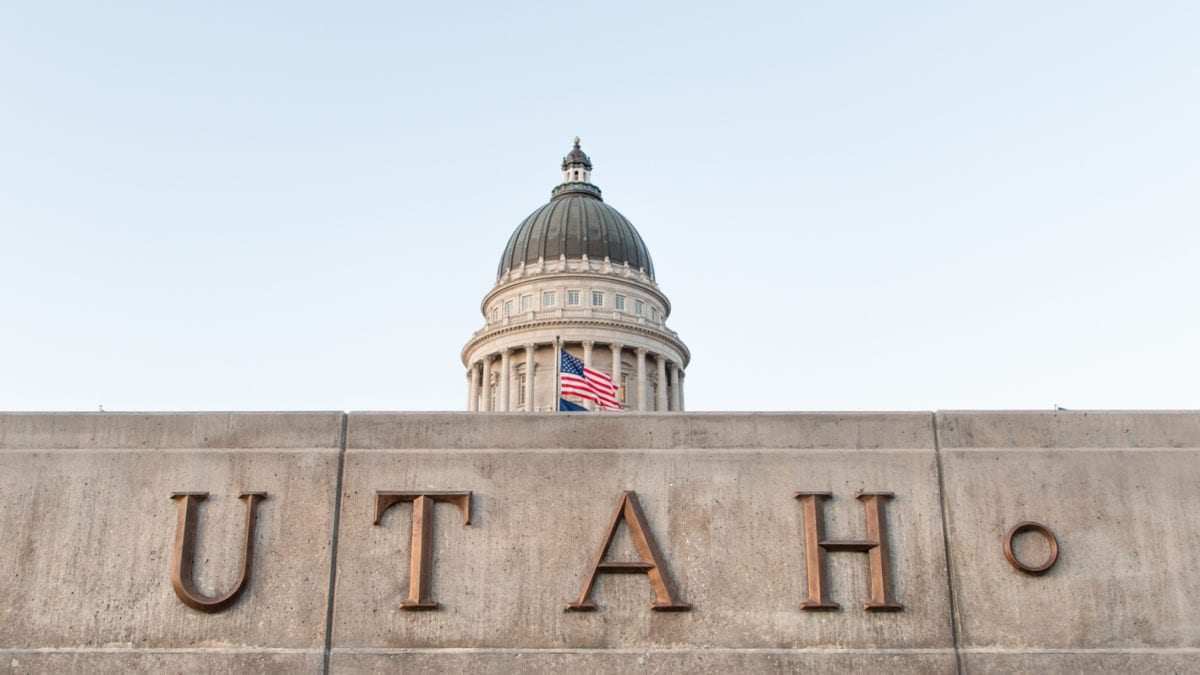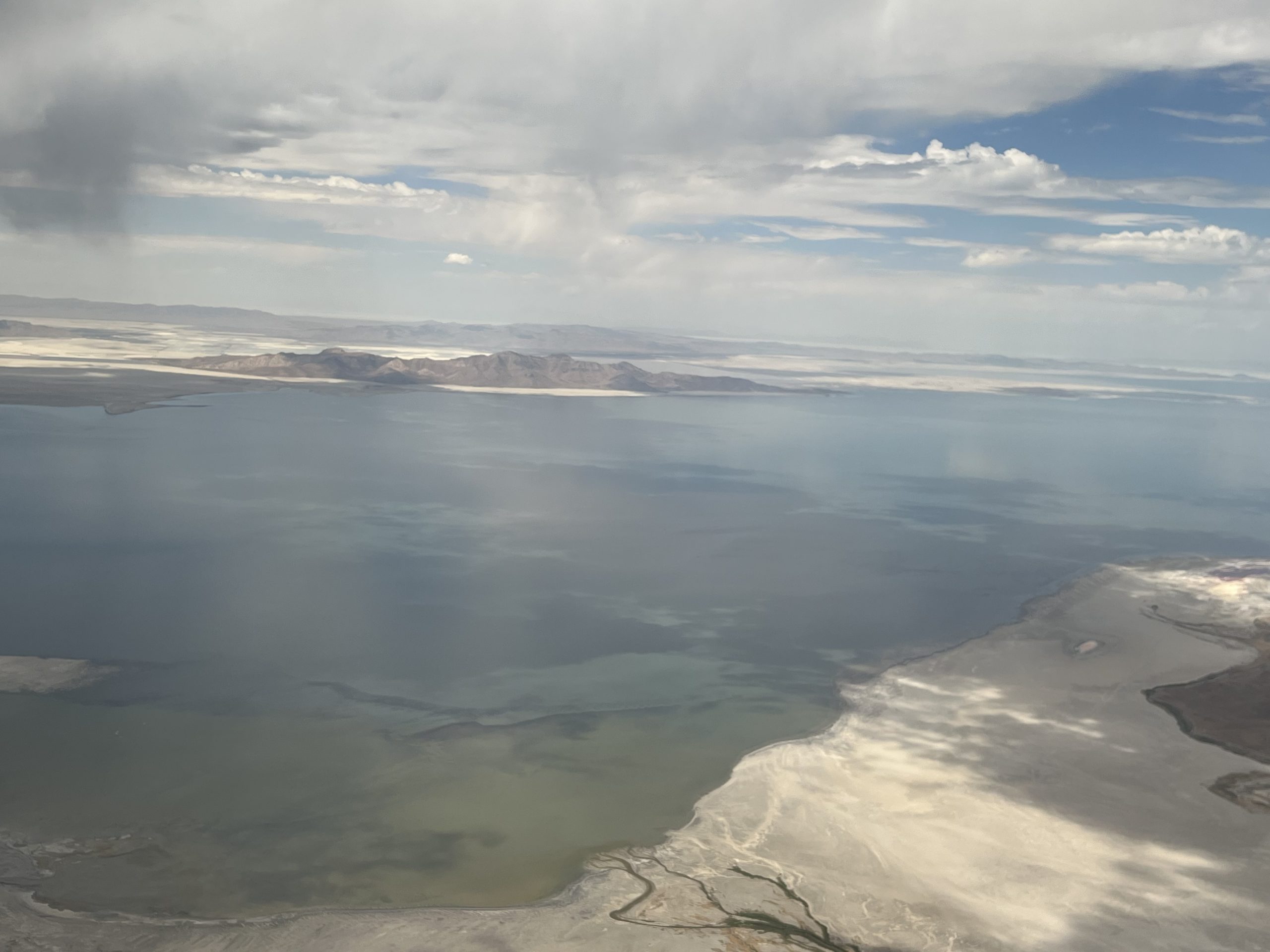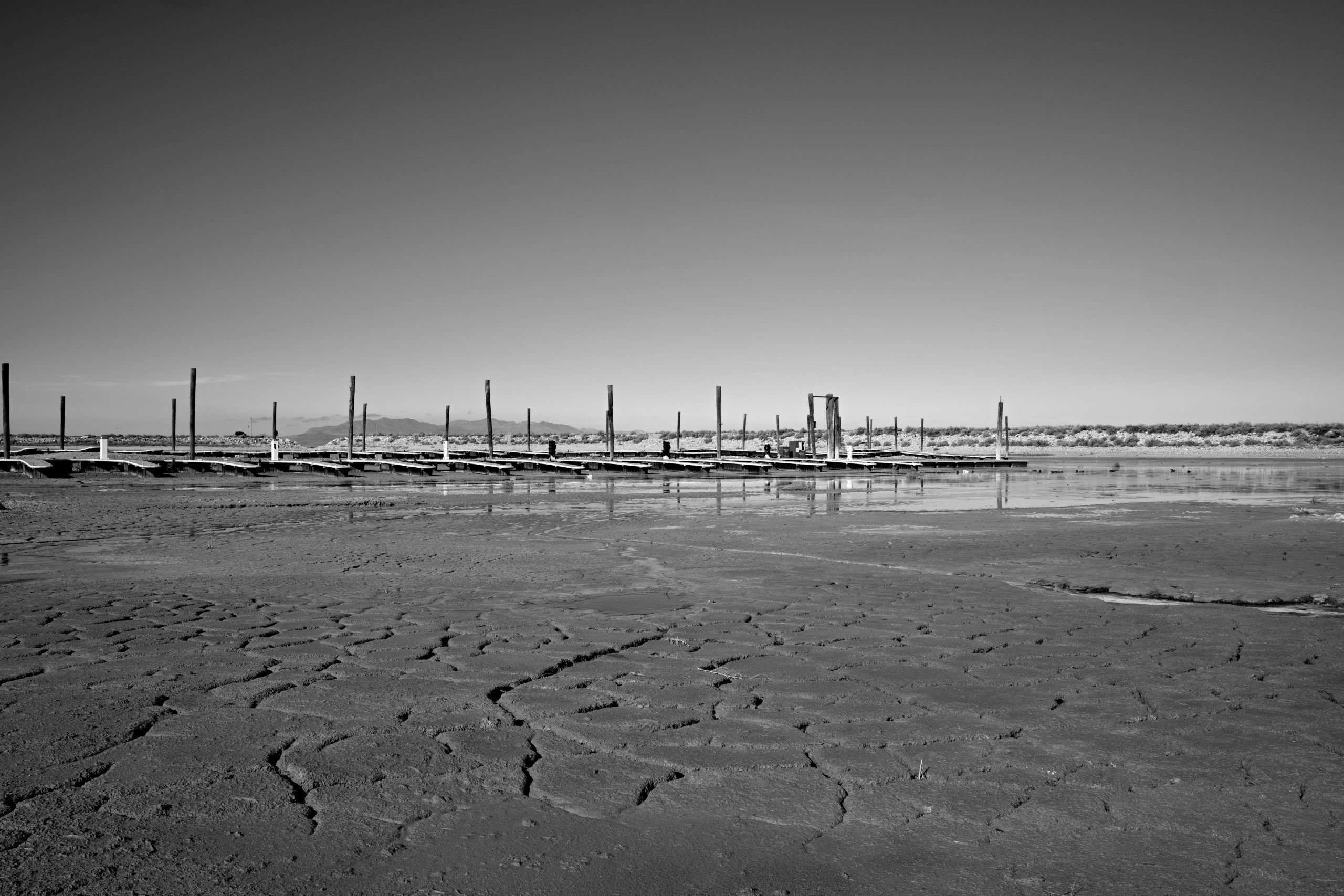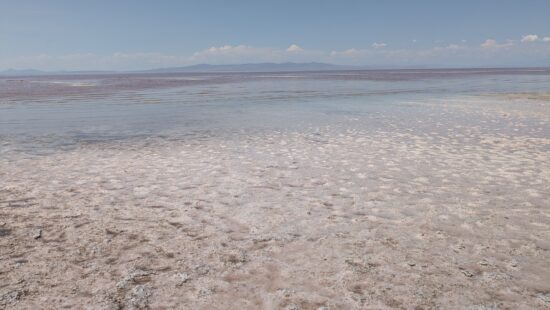Politics
Utah lawmakers stare down challenges of growth and drought

The Utah State Capitol building in Salt Lake City. Photo: TownLift // Bailey Edelstein
SALT LAKE CITY (AP) — Utah lawmakers began the 2023 legislative session Tuesday by describing the growing western state as one facing an unprecedented crossroads, with action needed to maintain rapid economic and population growth.
“If we fail to lead courageously, our state will not continue its growth, future generations will have to find somewhere else to live and the cherished lifestyle we all enjoy will be at risk,” Utah House Speaker Brad Wilson, a Republican, said in opening remarks focused on issues such as drought, cost of living and infrastructure investments.
Utah, which now has 3.4 million residents, has for more than a decade been one of the fastest growing states in the U.S. because of a combination of high birth rates and migration from states like California. The state boasts low unemployment, robust gross domestic product growth and a growing tax revenue base.
Yet growth has brought a host of new problems. Newcomers have strained the state’s public transportation and highway system, made an already expensive housing market more competitive and raised new questions about the long-term availability of water needed to sustain growth.
Legislative leaders in the Republican-supermajority Statehouse said Tuesday that they planned to double down on their efforts to maintain Utah’s reputation as a business-friendly and affordable state by cutting taxes, incentivizing the private sector to encourage home-building and creating a school voucher program as an alternative to traditional public education.
Senate President Stuart Adams said lawmakers would attempt to increase teacher pay, fund improvements to Utah’s train and highway systems and continue investing in fossil fuels like oil, gas and coal.
“Good economies are not made in a session, but they can be destroyed in one,” Adams said, calling 2023 the “year of the tax cut,” repeating a refrain he made when lawmakers cut taxes last year.
As lawmakers work to maintain economic prosperity, there’s increasing recognition that water issues pose an existential threat for Utah. With less rain and snowfall and more diversions by farms and growing cities are drying out central Utah’s Great Salt Lake, posing risks to the environment, public health, the economy and bird and fish species. Lawmakers have set millions aside for conservation.
Utah is also among the seven states that relies heavily on the Colorado River as a water supply for its cities and farms. As less water flows through the river, the reservoirs that store its water are shrinking rapidly and confronting states with the reality that a hotter, drier future will likely include less of the water they’ve relied on to grow for more than a century.
“Everybody wants to talk about the Great Salt Lake but there’s really diverse and challenging water issues across the state,” Sen. Evan Vickers said.
By SAM METZ



















